UNHCR Appeals for $620 Million to Aid Afghan Migrants in Iran and Pakistan Amid Growing Crisis
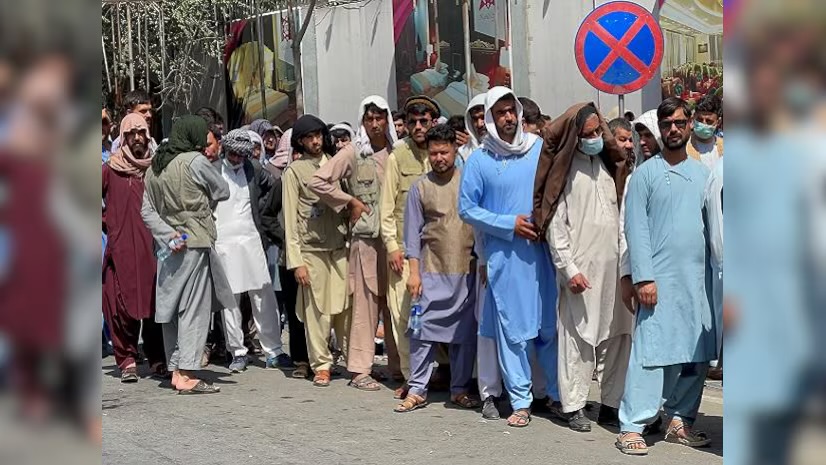
The United Nations High Commissioner for Refugees (UNHCR) office in South Asia has issued a plea for urgent assistance, citing the need for $620 million to support Afghan migrants in Iran and Pakistan, as reported by Khaama Press.
In a social media post on platform X, the organization highlighted the challenging circumstances faced by Afghanistan and its neighboring countries in 2024. According to UNHCR, 4.8 million Afghan migrants and 2.5 million members of their host communities are projected to require assistance in 2024.
The report underscores the worsening situation in Afghanistan due to fatal earthquakes, catastrophic natural disasters, and the overarching issue of climate change in 2022 and 2023. Moreover, the UNHCR has raised grave concerns regarding human rights violations in Afghanistan, particularly towards women, girls, and religious and ethnic minorities, emphasizing the urgent need for humanitarian aid to support 23.7 million people.
Iran and Pakistan currently host approximately 7.7 million Afghan citizens, with around 1.6 million individuals being deported to Afghanistan since 2021. Despite calls from Amnesty International and other human rights organizations to halt the deportation process, over half a million migrants have been forcibly repatriated since November 2023.
The ongoing deportation efforts have sparked widespread concern, with Amnesty International denouncing the violation of refugees’ rights and international human rights law, notably the principle of non-refoulement. The organization has warned that the lives of Afghan refugees, especially vulnerable groups such as women, girls, journalists, and human rights defenders, are at risk.
Despite the return of migrants to Afghanistan, many face significant challenges amid a dire humanitarian crisis, including the lack of basic necessities such as shelter, food, and healthcare. This exacerbates their already precarious situation, underscoring the urgent need for international support and assistance to address the escalating crisis.






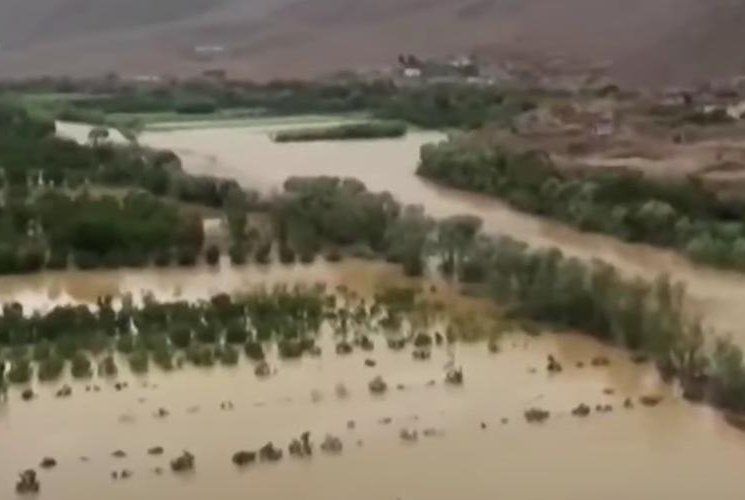
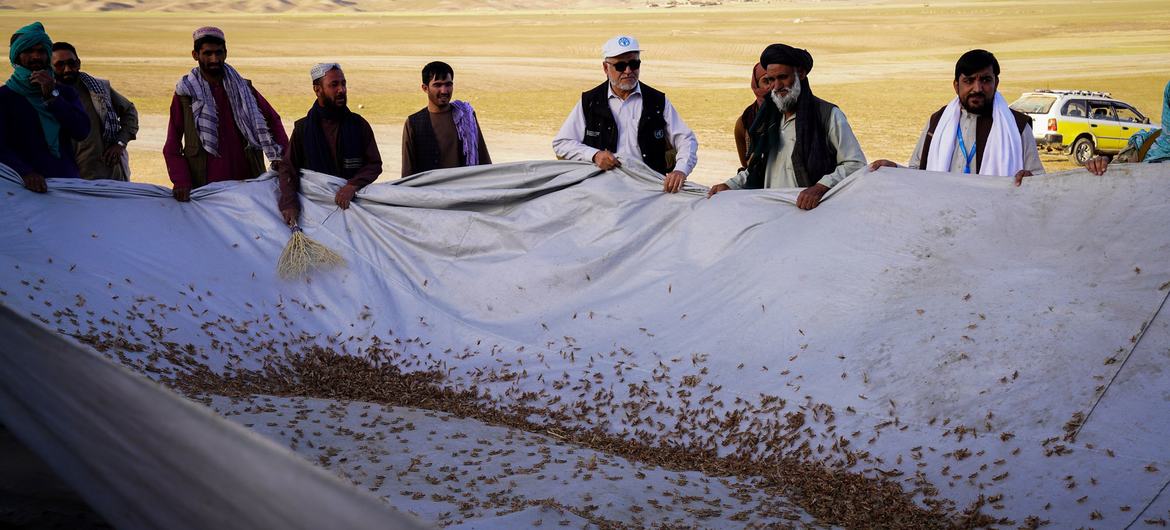
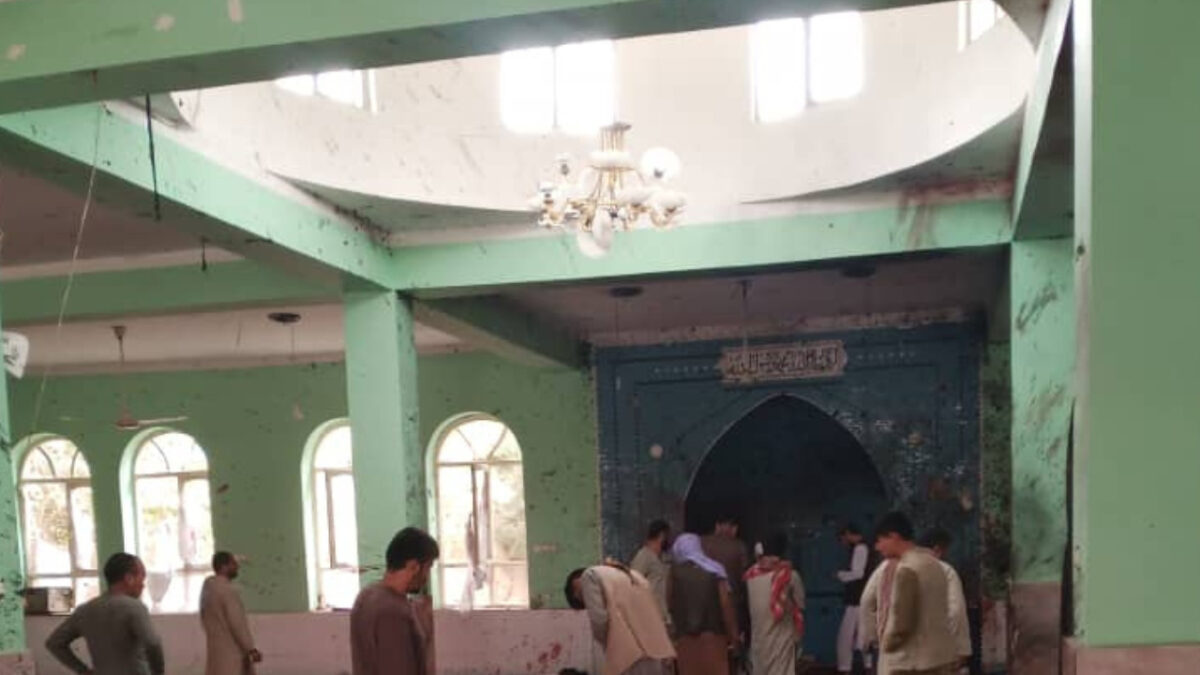
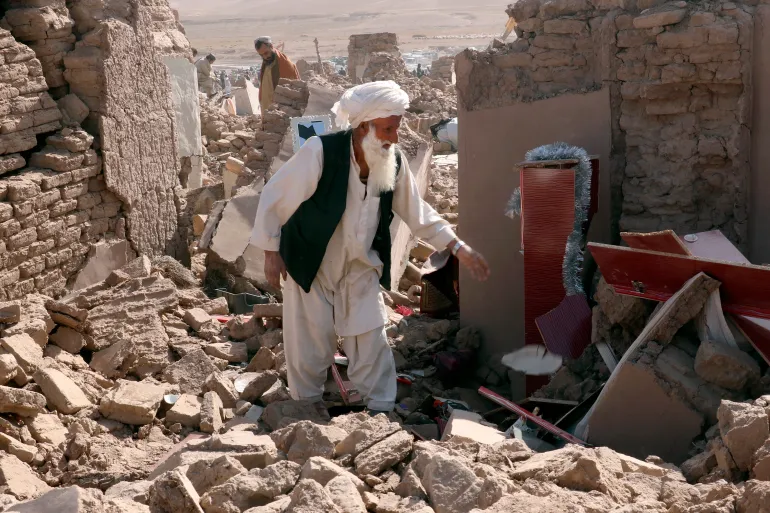

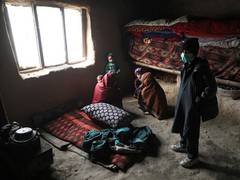







Facebook Comments